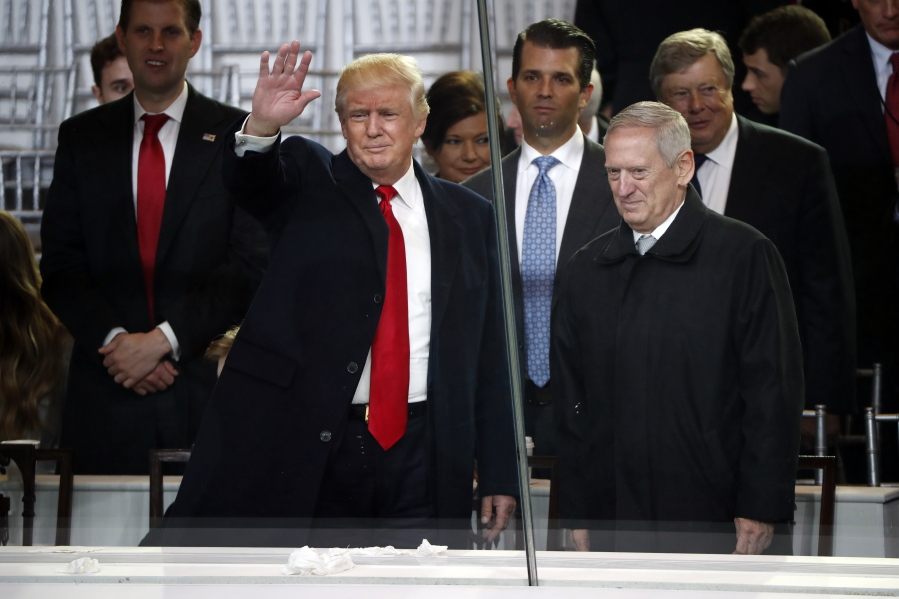It admittedly seems odd to ask Americans to evaluate the performance of a new president a few days after he took office. It’s like getting a performance review on your first week at a new job: Sure, you can do it, but it’s probably not going to really lay good groundwork for what to expect.
Interestingly, though, voters are generally willing to give incoming presidents good marks in that regard. The pattern over the course of Gallup’s history of tracking presidential approval has been that the incoming president’s first approval rating is higher than the outgoing president’s last one.
Excluding transitions that occurred due to resignation or death, there have been three times when a new president has had lower initial ratings than the outgoing one: When George H.W. Bush replaced the very-popular Ronald Reagan in 1989, when Bush’s son replaced Bill Clinton in 2001 — and in 2017. Every other time, the new guy seemingly got more of the benefit of the doubt.
Trump’s approval rating is lower than any prior new president. Remarkably, more people have a negative opinion of him than any other new president in his first job evaluation.
One of the new features of Gallup approval ratings is a much deeper partisan split. This is not unique to Gallup; in Pew Research’s annual approval polling, it too found increasing gaps between Democrats’ perceptions of presidents and Republicans’.
What’s that’s meant in terms of the switch between presidents is an increasing flip from satisfaction with the outgoing president to dissatisfaction with the new guy from members of the outgoing president’s party. In 1981, Democrats viewed Reagan’s initial job performance only slightly worse than they viewed Jimmy Carter’s final one. This year, Democratic approval of the president’s job performance plunged 81 points between Barack Obama and Trump.
That said, the party of the incoming president is usually pretty happy with the switch. (1989 doesn’t really count here, since the same party held the White House.) Republican opinions of the president improved by 76 points from Obama’s last rating to Trump’s first one.
That’s lower than the increase among Democrats after moving from George W. Bush to Obama — thanks in part to Obama being viewed more positively at the end of his tenure than was Bush.
In only one case did the party of an outgoing president view his replacement from the other party more favorably right out of the gates. That happened to Dwight Eisenhower, who stepped in for the unpopular Harry Truman. Which is another reminder of how this usually works: America is fairly frustrated with the old guy and willing to give the new guy a shot.
Thanks in part to partisanship, this year America seems much less willing to do so.



